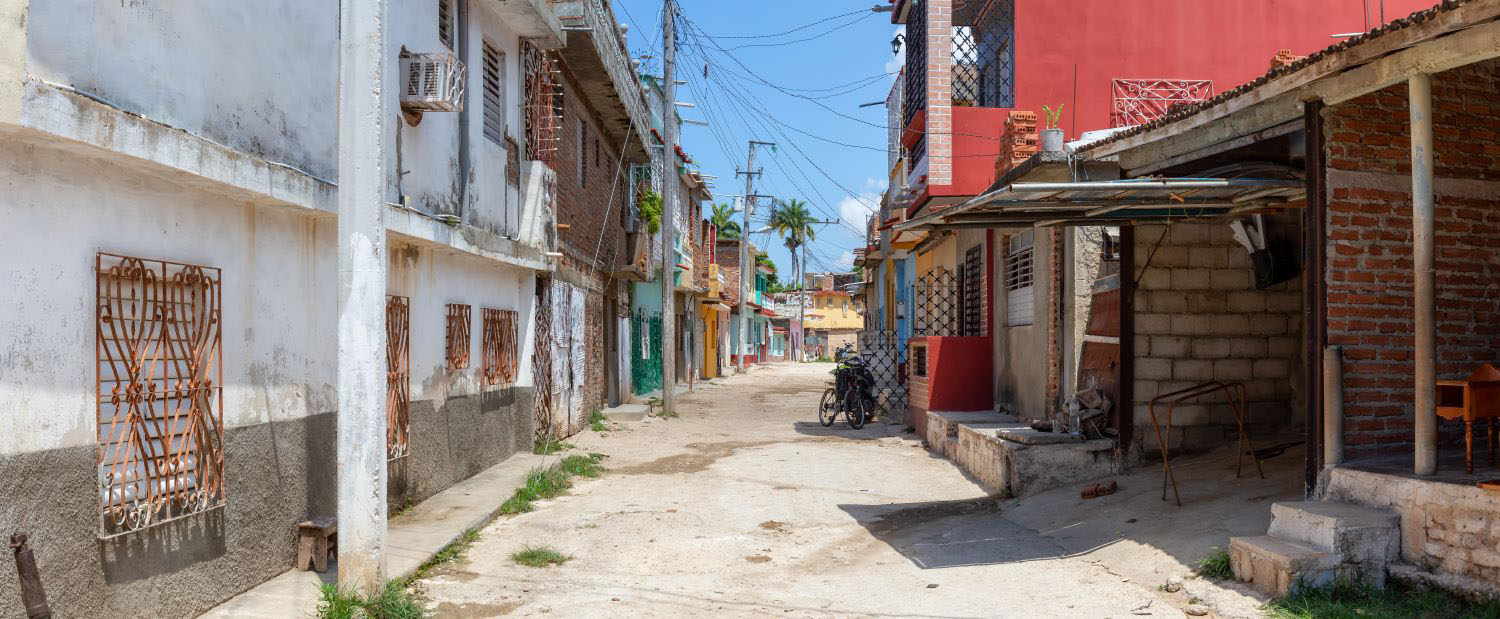President Obama’s new national security strategy appropriately defines the limits of military power. But with the President’s request to Congress to authorize a new war on terror, over $5 billion in supplemental funds appropriated for the military fight against ISIL, and over $10 billion requested to fight ISIL and support other counterterrorism efforts in the President’s FY2016 budget, the administration’s counterterrorism approach hasn’t caught up to the message. No doubt the depravities of ISIL and other terrorists groups require a strong hand. But they cannot be defeated by working only on the destructive side of equation. Our military might and means must be supported by constructive actions that place the US firmly on the side of justice, dignity, and opportunity for all. The United States can’t force such transformations, but we can and we must help catalyze them, because it’s the only way we’ll secure our interests.
To begin with, the US must robustly reengage with regional governments on human rights and inclusive politics. Governments across the region have introduced unprecedented restrictions on free speech, assembly, and association, all in the name of the new war on terror. In many cases, whole groups are disenfranchised from political space and economic opportunity. Instead of supporting greater security, as regimes claim, these actions have bred ever more violence and instability.
Security partners in the Middle East should not expect the US to continuously deploy its military might in the absence of actions on their part to eliminate the underlying drivers of conflict. The US must make clear its principles and expectations, and support the human rights activists and civil society leaders who continue to risk arrest, torture, and exile to promote their vision of pluralistic, rights-respecting societies and transparent, responsive, and accountable governance. These are the people who will transform their societies, and they deserve our help. Our current approach risks complicity with regimes clamping down on dissent in the name of coalition objectives.
The administration is rightly pressing the Iraqi government toward political inclusion and just institutions as part of its military re-engagement. The same demands should be made of security partners whose politics of exclusion and rule by elites contribute to the cycle of violence. The US could also include more robust controls and reform requirements with foreign military financing, foreign military sales, and funding for internal security forces to ensure that the use of these assets and the security institutions that deploy them align more closely with US interests and international standards.
Further, the US must modernize and reinvigorate our economic assistance to the region to encourage government reform and reformers. Too often, our bilateral assistance serves to shore up government power bases within key institutions and constituencies, or to provide limited relief from problems with roots in the abdication of government responsibility to serve all of its people. Once again, we risk complicity in the ongoing disenfranchisement of millions.
The Administration has twice proposed a Middle East Incentive Fund, twice rejected by Congress. Such a fund would target governments who have shown willingness to reform, such as Tunisia, Jordan and Morocco, and focus on constraints to economic opportunity for all. It would secure commitments from government partners to undertake the policy and regulatory reforms that can unleash the region’s economic potential, currently stifled by barriers that deprive entrepreneurs of title to their assets, tilt the playing field to ruling elites, and lock the masses out of growth opportunities. The administration’s previous proposals were insufficient, both in the amount requested and in binding funds to a true reform process. A $1 billion fund, designed like Millennium Challenge Corporation compacts, would send a strong signal that if you are ready to reform, the US is ready to stand with you.
The current Congress could provide renewed opportunity to bolster efforts on the constructive side of the equation. It was a Republican Congress that originally authorized the Millennium Challenge Corporation, on which the Incentive Fund was based. And it was a Republican Congress that first funded the Middle East Partnership Initiative, designed to provide direct support to local activists in the region. That program has atrophied under pressure from regional governments; this Congress could help revive it.
As the President has said, “in the long term, our efforts to work with the other countries to counter the ideology and root causes of violent extremism will be more important than our capacity to remove terrorists from the battlefield.” Turns out he’s right—but we’ll never get to the long term if we don’t get started now.
Disclaimer
CGD blog posts reflect the views of the authors, drawing on prior research and experience in their areas of expertise. CGD is a nonpartisan, independent organization and does not take institutional positions.





